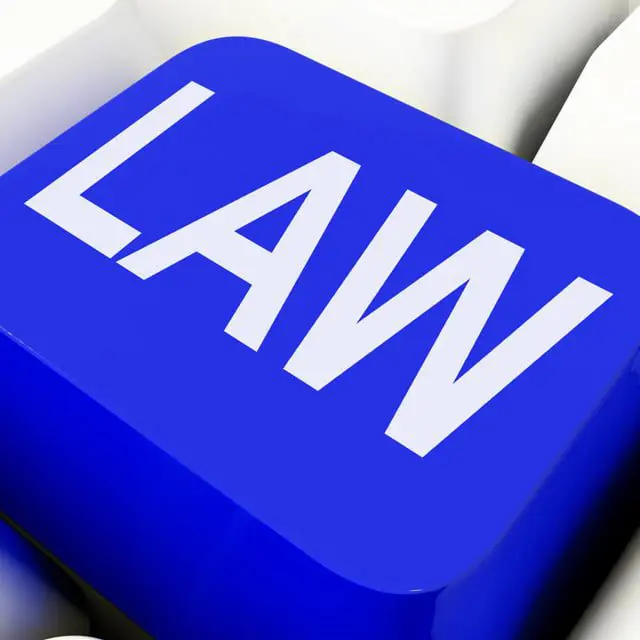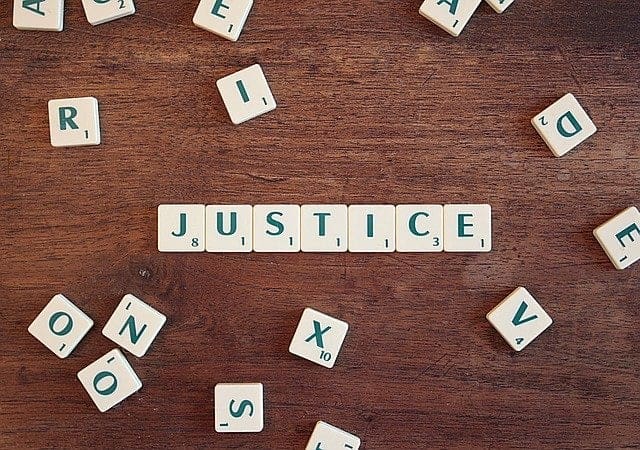In the world of financial recovery and debt management, Quiebra del capítulo 7 stands out as a beacon for individuals and businesses seeking a fresh start. Known as “liquidation bankruptcy,” this process involves the dissolution of a debtor’s non-exempt assets, with the proceeds used to pay off creditors. By offering a clean slate, Chapter 7 bankruptcy provides a path out of the overwhelming burden of debt, allowing debtors to reset their financial standing.
Quiebra del capítulo 7 is most suitable for debtors who find themselves unable to meet their financial obligations and who have little to no disposable income to manage a repayment plan under Chapter 13 bankruptcy. It’s a critical tool in the legal landscape for achieving debt relief and is often pursued by those facing insurmountable unsecured debts, such as credit card debt, medical bills, and personal loans.
The process begins with the debtor filing a petition in bankruptcy court. This petition is a comprehensive document that includes detailed information about the debtor’s assets, liabilities, income, and expenses. One of the hallmark benefits of initiating a Chapter 7 bankruptcy filing is the automatic stay, which immediately halts most collection actions against the debtor, providing immediate relief from creditor harassment, wage garnishments, and civil lawsuits over debt.
Qualification for Quiebra del capítulo 7 hinges on the means test, a calculation designed to ensure that only those truly in need of this form of relief can avail it. The means test compares the debtor’s income against the median income for a household of their size in their state. If the debtor’s income falls below the median, they automatically qualify for Chapter 7. If it exceeds, they may still qualify based on allowed expenses and debt payments.
One of the most significant concerns for debtors considering Chapter 7 is asset liquidation. Not all assets are liquidated in this process; bankruptcy law allows for certain exemptions, protecting vital assets like a modest car, work-related tools, and basic household furnishings. The specific exemptions available vary by state, with some states allowing debtors to choose between state and federal exemption lists.
Despite the advantages of wiping the slate clean, filing for Quiebra del capítulo 7 is not without its drawbacks. The impact on the debtor’s credit score is immediate and significant, with the bankruptcy remaining on the credit report for up to ten years. This can affect the debtor’s ability to obtain credit, purchase a home, or even secure employment in some cases. However, many find that the opportunity to start anew and the cessation of aggressive collection actions outweigh the temporary disadvantages to their credit.
The decision to file for Chapter 7 bankruptcy should not be taken lightly. It requires careful consideration of one’s financial situation, the potential impact on future credit and borrowing capabilities, and the loss of certain assets. Legal advice from a qualified bankruptcy attorney can provide invaluable guidance, helping individuals understand their options, navigate the complex filing process, and make informed decisions about their financial future.
For those struggling with debt, Quiebra del capítulo 7 offers a legally sanctioned means to confront financial adversity head-on, eliminate unsecured debts, and embark on a path to recovery. While the journey to financial stability may be long and require significant adjustments, the fresh start provided by Chapter 7 bankruptcy can be the first step towards regaining control over one’s financial destiny.
Detailed Exploration of the Means Test
The means test is a critical first step for potential Chapter 7 filers. It’s designed to ensure that Chapter 7 bankruptcy is available to those who genuinely cannot afford to pay their debts. The test calculates whether your income is below the median for a household of your size in your state. If your income is below this median, you qualify for Chapter 7. If above, you must complete additional steps in the test, considering your expenses and income to determine whether you have enough disposable income to repay some of your debt. This further assessment may redirect some filers towards Chapter 13 bankruptcy, which involves a repayment plan over three to five years. The means test, thus, serves as a gatekeeper, aligning filers with the bankruptcy chapter that best matches their financial capacity.
Exemptions Under Chapter 7 and Their Variance by State
Exemptions play a pivotal role in Chapter 7 bankruptcy by determining which of the debtor’s assets are protected from liquidation. These exemptions can include equity in your home, car, personal belongings, tools of your trade, and retirement accounts, among others. The specific assets and amounts that can be exempted vary significantly from one state to another, with some states offering the option to choose between state-specific exemptions and federal exemptions. This variability can drastically affect the strategy of filing for bankruptcy, as it influences what assets you can keep. Understanding the exemptions available in your state is crucial for anyone considering Chapter 7, as it directly impacts the benefits and drawbacks of filing.
The Bankruptcy Court Process
The process within the bankruptcy court for Chapter 7 cases begins with the filing of the petition and accompanying documents, including schedules of assets and liabilities, a statement of financial affairs, and a record of income and expenditures. Following the filing, an automatic stay is immediately enforced, protecting the debtor from collections, foreclosures, and repossessions. A bankruptcy trustee is appointed to oversee the case, evaluate the debtor’s assets, and manage the sale of non-exempt assets. Creditors are invited to a meeting, presided over by the trustee, where they can question the debtor about their debts and assets. Following this, the court will discharge eligible debts, usually within four to six months from the filing date, completing the Chapter 7 process.
Personal Stories of Chapter 7 Bankruptcy
Though specific case studies and personal stories must avoid identifiable details, numerous anonymized accounts highlight the life-changing relief Chapter 7 bankruptcy has provided. For example, “John,” a small business owner overwhelmed by business debts and personal guarantees after an unexpected market downturn, found solace in Chapter 7. It allowed him to liquidate unviable business operations while protecting his retirement savings and vehicle, offering a fresh start. “Maria,” facing insurmountable medical bills and credit card debt after a health crisis, used Chapter 7 to eliminate her debts and focus on her health without the stress of creditor calls and lawsuits. These stories underscore Chapter 7’s role as a pivotal tool for financial recovery.
Tips for Rebuilding Credit After Filing for Chapter 7 Bankruptcy
Rebuilding credit post-Chapter 7 bankruptcy is a gradual process that requires patience and disciplined financial management. Essential steps include:
- Reviewing Your Credit Report: Regularly check your credit report for inaccuracies that might affect your score.
- Secured Credit Cards: Apply for a secured credit card, which is backed by a cash deposit you make upfront. This card can be a tool to demonstrate responsible credit use.
- Budgeting: Establishing a realistic budget that accounts for all expenses and savings can help prevent falling back into debt.
- Timely Payments: Ensure that all ongoing payments, like utility bills and rent, are made on time. This consistency is key to rebuilding your credit score.
- Credit Builder Loans: These small loans, designed to boost your credit score, involve the lender depositing the loan amount into a secured savings account, which the borrower then pays off in installments, building credit history.
Embarking on the Chapter 7 bankruptcy journey is a significant decision with profound implications for one’s financial health and future. By understanding the nuances of the means test, exemptions, court process, and leveraging personal success stories as motivation, individuals can navigate their path to financial recovery. Coupled with strategic actions to rebuild credit, filing for Chapter 7 bankruptcy can indeed mark the beginning of a new, more stable financial chapter.
URLs:
- U.S. Courts – Chapter 7 Bankruptcy Basics: https://www.uscourts.gov/services-forms/bankruptcy/bankruptcy-basics/chapter-7-bankruptcy-basics
- Investopedia – What Is Chapter 7 Bankruptcy?: https://www.investopedia.com/terms/c/chapter7.asp
- The Balance – How Does Chapter 7 Bankruptcy Work?: https://www.thebalance.com/how-does-chapter-7-bankruptcy-work-316202
Divulgación: Generative AI creó el artículo
















